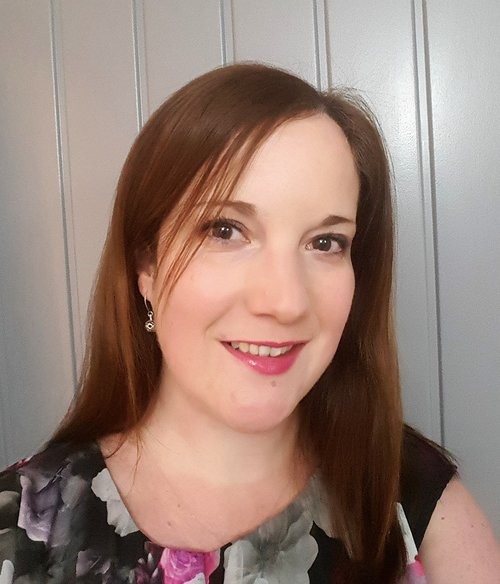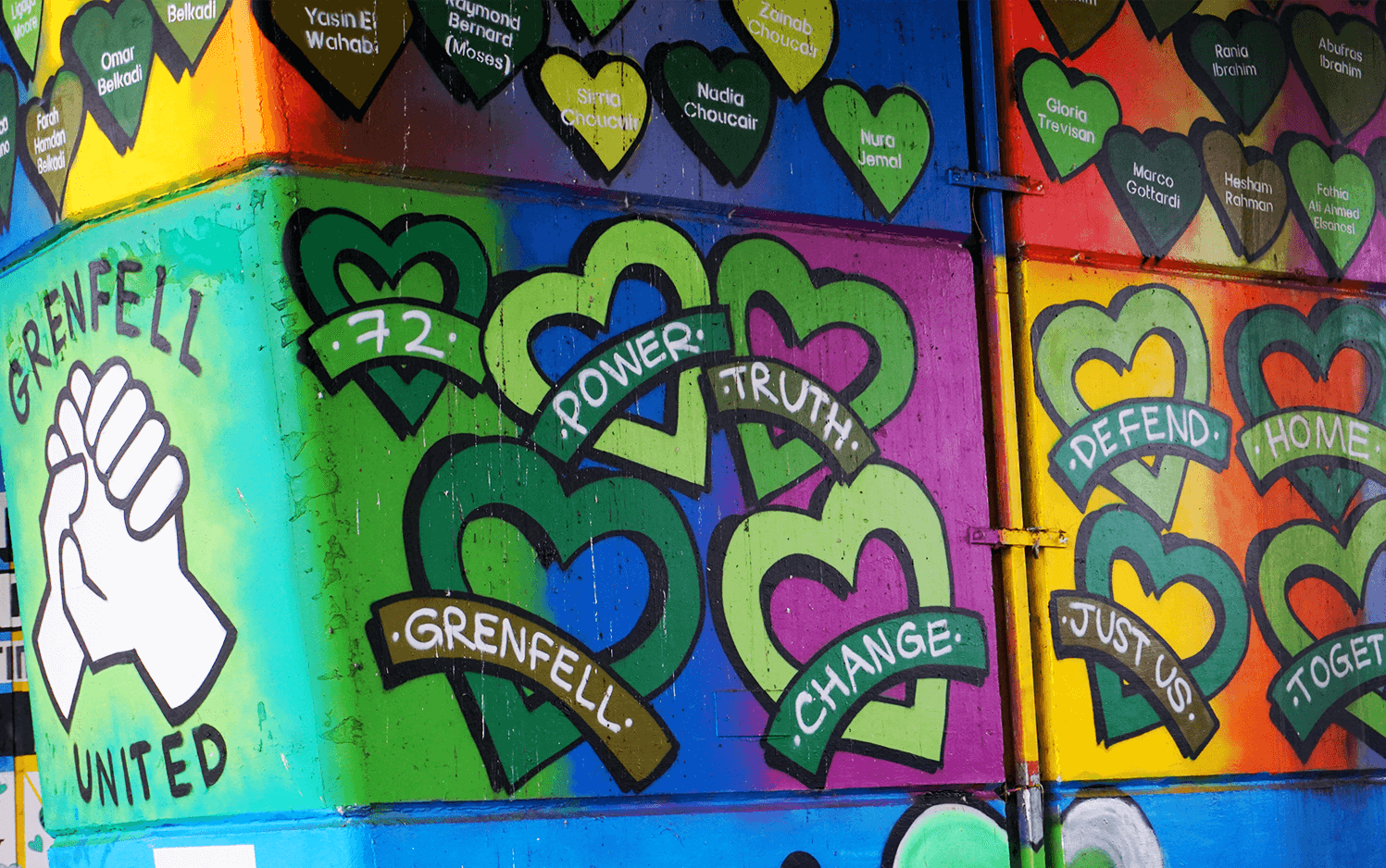Publish date: 11 June 2019
 Thinking about anniversaries
Thinking about anniversaries
Anniversaries are a natural time to reflect on both where we’re at and where we expected to be by a certain moment in time. This can bring up many struggles for people: things that should and shouldn’t have been; how to balance thinking about the future with remembering and honouring the past; comparisons between ourselves and others; and moments of sometimes conflicting emotions of sadness, joy, anger or relief.
This second year anniversary is a shared moment for the Grenfell community. It sits alongside many personal anniversaries: birthdays of individuals who are no longer with us, the passing of school terms completed or very sadly not attended, times of having to leave old homes and maybe moving to new ones, last moments with friends who died and first meetings with people who may have become friends now.
“Both – And” thinking
The role of psychological therapy can be summarised as: supporting people to process and make sense of their experiences. The Grenfell Health & Wellbeing service was established to support people with this in the context of the Grenfell fire tragedy. As a Psychologist within the team, I often hear of one dilemma which is both very personal and shared: “how do I think about moving forward with my life and ensure the past is not forgotten and justice is not lost?”
The questions of “what does justice look like for me?” and “where do I want my life to be in one, two or ten years’ time?” are complex and personal. When exploring these with people, I have witnessed intense grief, anger and sadness alongside inspiring resilience and integrity. I often talk with people about how they can hold onto a sense of being “both – and”. How can we give ourselves permission to: both think about our own future and remember the past; be both strong and to struggle; both campaign for justice and ensure we give time to building our own futures; and both accept the parts of life we do not have control over and make choices about the things that we can control.
Can time or therapy help?
Making sense of the loss of human lives, especially under tragic circumstances, is incredibly difficult for many people. People describe time as a “healer”, and for many people the intensity of distress following a painful event does reduce over time. We also know that an ongoing criminal investigation and public inquiry keeps an event very present within our minds. These investigations are therefore both important to our minds’ meaning-making process (as well as important criminally and politically) and may delay this processing so that the intensity of painful emotions is unable to reduce to a more manageable level.
Engaging in psychological support does not suddenly provide answers for the most difficult questions or switch-off painful emotions. It can provide a safe and confidential space to explore how to think about these “both – and” positions, how to manage distressing symptoms, and how to make wise decisions for ourselves within very difficult circumstances.
The “Both – And” of emotional support
For many, we rely on friends, family and our wider community to provide emotional support. Seeking and providing emotional support is therefore another “both – and” opportunity: to make use of both the shared support from and to those around us and from an independent, trained, professional listener.
Seeking psychological support can be especially important for those of us who often take the role of caring or campaigning for others. Having our own psychological therapy or listening space allows us to be both the compassionate carer or supporter we want to be and to be cared for by someone without the guilt of our struggles impacting on others’ emotional wellbeing.
Being supportive of others and supported by others is especially important when thinking about coping, both in the here and now and in the weeks, months and years to come.
